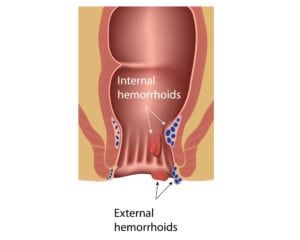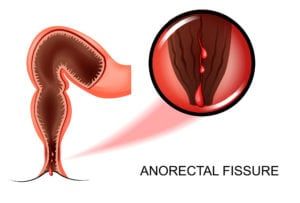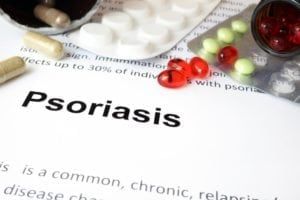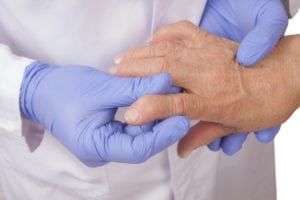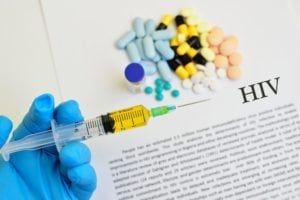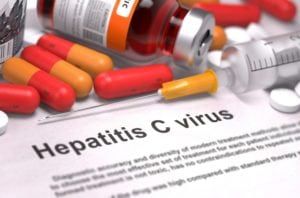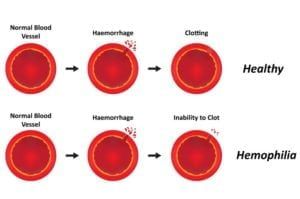Condyloma acuminate, more commonly known as anal warts, are a sexually transmitted disease that’s transmitted through an HPV infection. Anal warts are a type of genital warts.
While anal warts don’t typically cause pain, if they grow large enough they could itch or never bleed. Oftentimes people with anal warts don’t even know they have them, however, over time they may see warts spread further over the anus and genitals.
Did you know?
Anal warts typically start out quite small, about the size of a pinhead, however, they can grow very large and cover the whole anal area. Removal is the only way to prevent them from growing larger.
Frequently Asked Questions
How do you get anal warts?
Anal warts are caused by HPV – human papilloma virus. This sexually transmitted disease is the result of direct skin to skin contact between infected individuals. Interim rise – vaginal or anal – is not necessary to transmit the disease. In fact, something as simple as hand to hand contact or touching secretions from your partner can transmit HPV.
It can take years before warts develop, which means you could have been carrying the disease for several years before you found out.
How do you diagnose anal warts?
Diagnosis of anal warts requires a physician. When discussing this with your doctor you will need to be candid about your sexual history, including whether you have a history of anal intercourse or a weakened immune system.
The doctor will perform a physical exam that looks for warts around the genital area, including the vagina and penis. The doctor will likely perform a digital rectal exam to ensure there aren’t any masses located internally, and perform an anoscopy to look within the anal canal.
Can you prevent getting this disease?
The best way to prevent catching anal warts or other STDs is to practice safe sex. Avoid sexual contact with individuals who have genital warts, even if you can’t see the warts you can still catch the disease.
Because HPV is spread through skin to skin contact condoms don’t necessarily help (since they don’t cover all skin). Abstinence is the only way to be completely confident that you are protected.














































